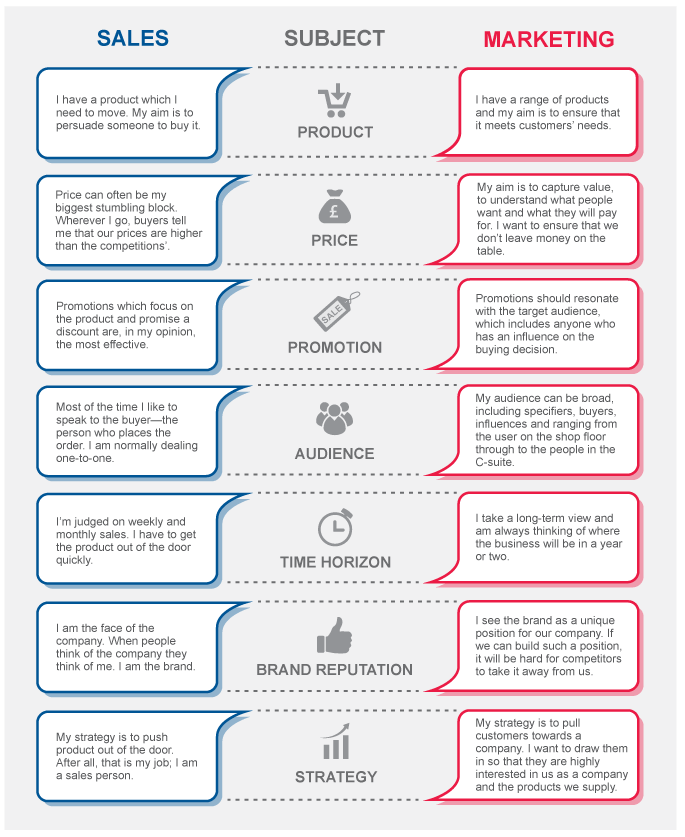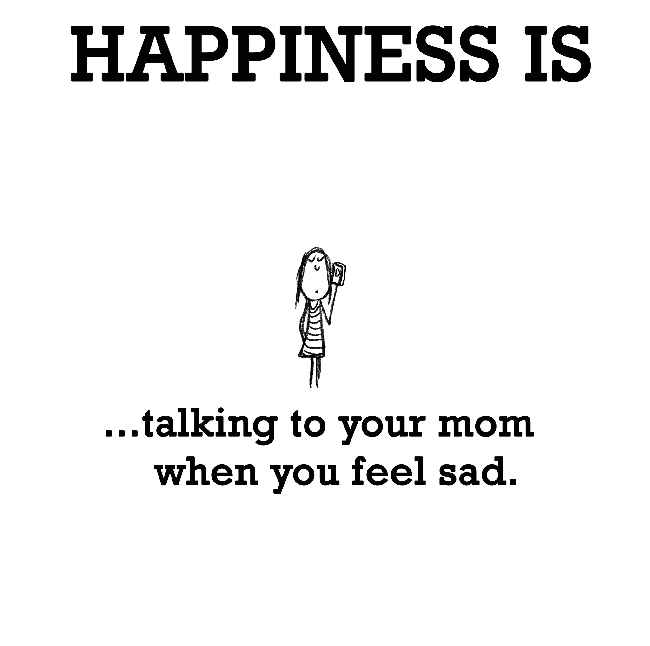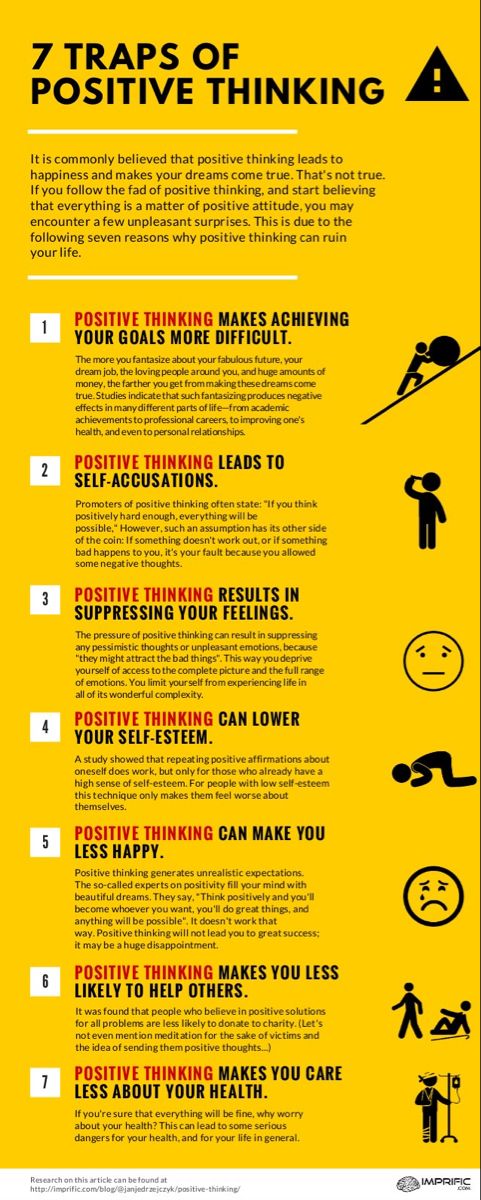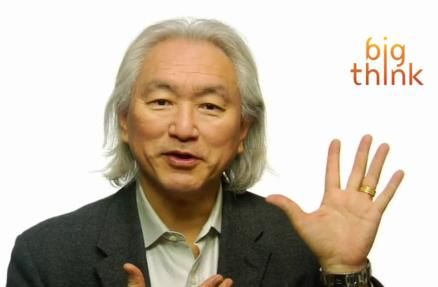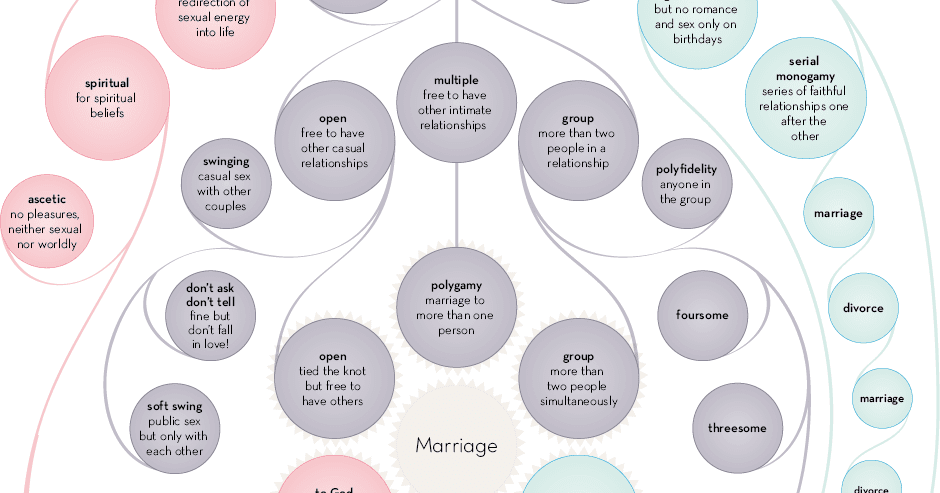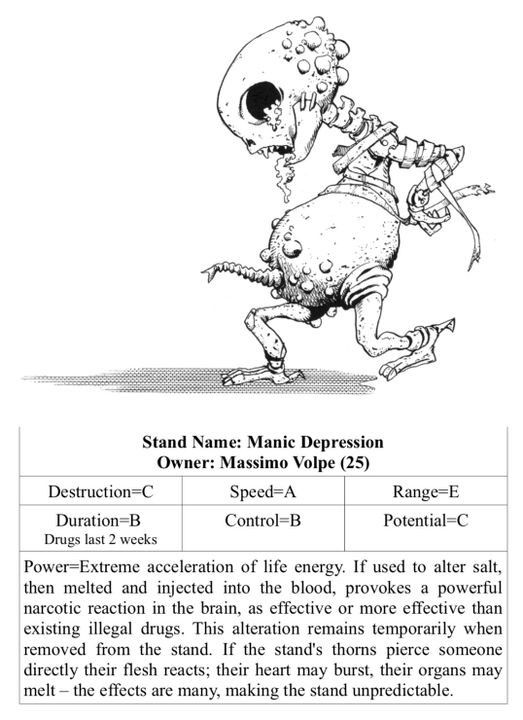Partners for parents
|
About Us | Partners with Families & Children
Compelled by the mission to prevent, interrupt and repair cycles of abuse and neglect within families, Partners is a social safety net for abused and neglected children with the capability to provide holistic supportive family services to all families across the Inland Northwest.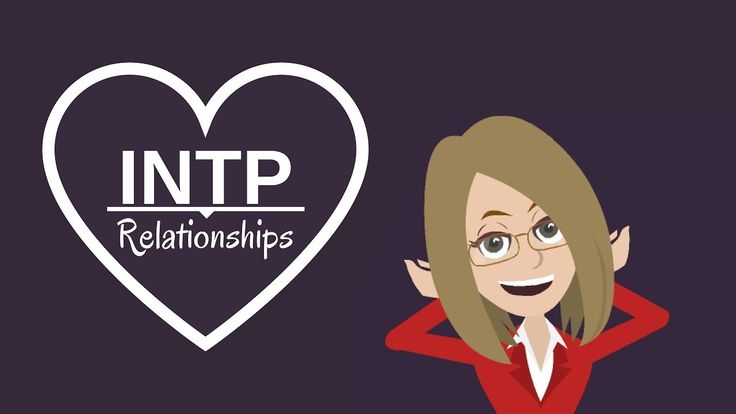
Partners' Vision: Safe children, healthy families, thriving communities
Partners' Values: Hope- We believe change is possible for a brighter future
Compassion- We treat everyone with respect and kindness
Collaboration- We work together with families and community partners
Everything we do – from evaluation to treatment services for children and families – prevents child abuse, encircles families with security and support, and provides treatment and caring so that families can thrive and children can live healthy, productive lives.
What does Partners do? Click here (0:39)
To learn more about Partners' Children's Advocacy Center, click here (1:08)
To learn more about Partners' Mental Health and Substance Use Disorders services, click here (1:11)
To hear a few of Partners' client success stories, click here (1:04)
More than a Children's Advocacy Center
Why is the Children's Advocacy Center model so important? How does it make a difference for child victims of abuse? At it's core, the model is about teamwork - bringing agency professionals involved in a case together - and about putting the needs of the child victim first.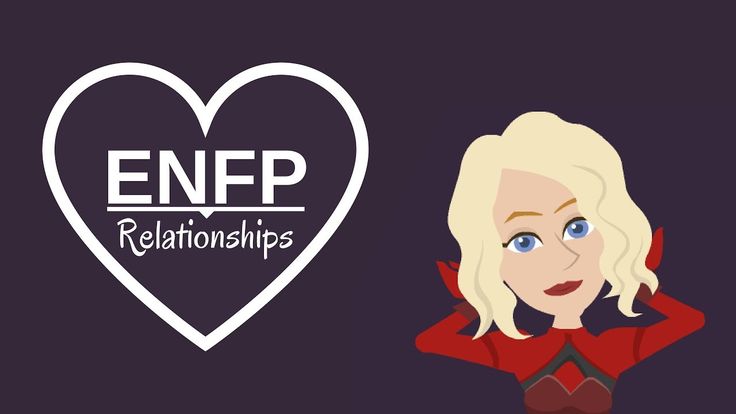 So rather than having a child taken from agency to agency throughout the law enforcement and child protection system, the CAC model brings the system to the child, and brings agency professionals together to work in a collaborative approach that results in effective, efficient and child-centered healing.
So rather than having a child taken from agency to agency throughout the law enforcement and child protection system, the CAC model brings the system to the child, and brings agency professionals together to work in a collaborative approach that results in effective, efficient and child-centered healing.
At Partners, our work does not stop there. Child abuse affects the physical and mental health of the victim, as well as every member of the victim's family and ultimately the entire community. Partners provides services that enhance the health and quality of life in all our neighborhoods. We not only prevent and interrupt cycles of abuse; we repair the family unit with the support of all family members. Partners' team includes mental health and substance use disorders professionals, because we know that nearly one in five people, or 42.5 million American adults, has a diagnosable mental health condition, and 12% of children live with a parent with a substance use disorder.
Partners provides care and treatment for all family members
with the goal of restoring a healthy family unit.

We make a Difference. Every day.
In 2015, two members of Partners’ team were recognized by the March of Dimes Washington Nurse of the Year Awards in the categories of Advocacy for Patients and the Legend of Nursing, and in 2016 Children's Advocacy Center Director Karen Winston became the sixth member of the Partners' team to be recognized as a Sacred Heart Children’s Hospital Advocate of the Year Award for Community Service.
Why we choose partners who are like our parents
For years, it has been taken for granted that women choose someone like their father and men like their mother in romantic relationships. Based on it, psychologists described both successful relationships and unsuccessful ones - when the partners tried their best to correct each other, seeking the love they had not received from their parents. However, over time, the theory turned out to be more complicated than it seemed at first glance.
The similarity is explained by the theory of imprinting. This biological phenomenon was discovered during the study of ducklings, which follow their parents after birth. However, the duckling follows anyone it sees immediately after hatching—and it doesn't have to be the mother duck.
This biological phenomenon was discovered during the study of ducklings, which follow their parents after birth. However, the duckling follows anyone it sees immediately after hatching—and it doesn't have to be the mother duck.
So, many psychologists believe that people also follow imprinting when choosing a partner: that is, girls have a father imprint, and boys have a mother.
One of the theories of coping strategies explains this from the position of copying the mother's behavior towards the father. For example, if your father is a weak-willed man who is pushed around by his mother, then you adopt the same behavior pattern by choosing partners who look like your father. If the father was, on the contrary, a tyrant, humiliating the mother, then in this case the daughter will copy the behavior of the mother, accepting such behavior on the part of the man as a kind of norm.
The most paradoxical thing in this theory is that most girls, realizing the negative qualities of their father and even consciously setting themselves to avoid such characters in life, subconsciously will still choose partners similar to their father.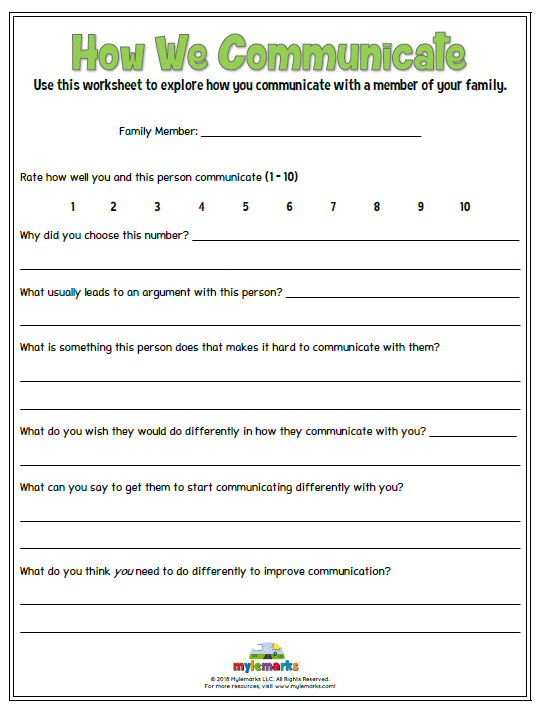 Because even choosing a behavior model for themselves that is different from the behavior of their mother, they need the same person as their father in order to try out their “new” model.
Because even choosing a behavior model for themselves that is different from the behavior of their mother, they need the same person as their father in order to try out their “new” model.
Unresolved conflicts with the father are also the reason why girls choose partners who look like their fathers. They try to resolve these issues in adulthood with their man. Even if the guy does not look like his father, she will look for similar features in him in order to work out past grievances on him.
And, of course, only in the case of a wonderful father who loves and respects his wife, the daughter has two standards in her arsenal - both in terms of the behavior of her father and mother, and in her personal life she will not only choose worthy partners, but also successfully build excellent relationships with him.
And what about the brothers?
Quite recently, a new twist has appeared in evolutionary theory. Tamsina Saxton, a professor at Northumbria University , decided to test whether the theory that people tend to choose more like their parents when choosing partners applies to siblings.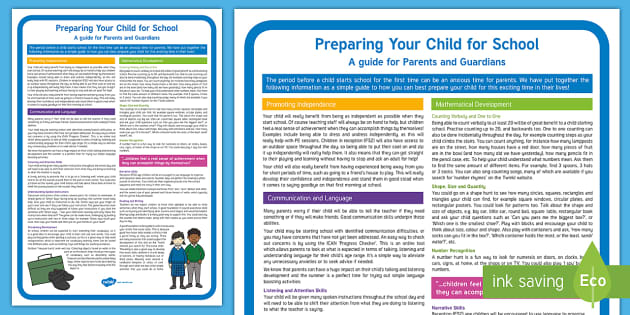
Saxton's study involved 32 volunteers aged 19-40 who were asked to send photos of their brothers and real partners. In addition to these photographs, the researchers took 48 photographs of brothers and partners of public figures.
Volunteers were asked to choose from photographs of men most similar to each other, while they had no idea who was who in the photographs. As a result, a third of the participants indicated the partner of this or that girl as the most similar to her brother. After that, another similar study was conducted, in which also about 27% of the participants indicated the brother of this or that girl as the most similar to her partner.
Consequences for people with difficult relationships with relatives
- Obsession
If you grew up with a parent who was rarely at home or who paid no attention to you, you are more likely to be afraid of rejection and worry that your partner might leave you. This, understandably, can lead to all sorts of problems in your relationship.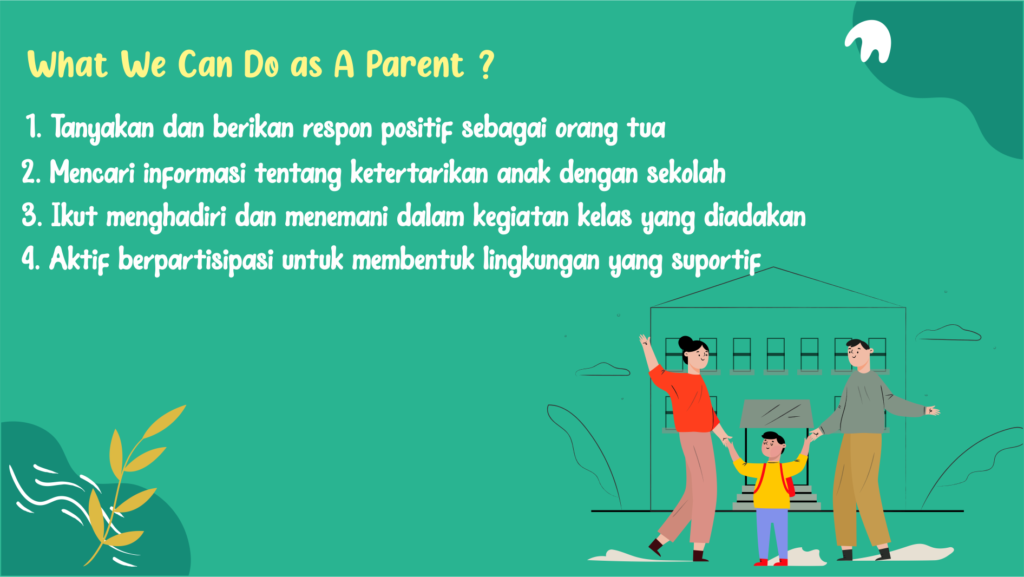
- Belief that all men/women are the same
If you feel resentment towards a parent, it is not surprising that you will project this into your relationship.
- Permanent guarantee requirement
If you grew up in a toxic environment where there was no trust between relatives and you felt insecure, you do not expect anything else from relationships in adulthood. Perhaps you don't trust your partner and are constantly checking their phone or asking them to talk about their exes.
- Communication distance
It hurts a lot not to receive the love of your parents. And that pain can follow you into adulthood. You may find yourself keeping a low profile, as if hiding under a shell. This is uncomfortable in romantic relationships.
You also have a strong feeling that you cannot trust anyone and are reluctant to talk about feelings or anything personal.
- Sex as a guarantee of confidence
Everyone feels a little more loved after having sex with their partner.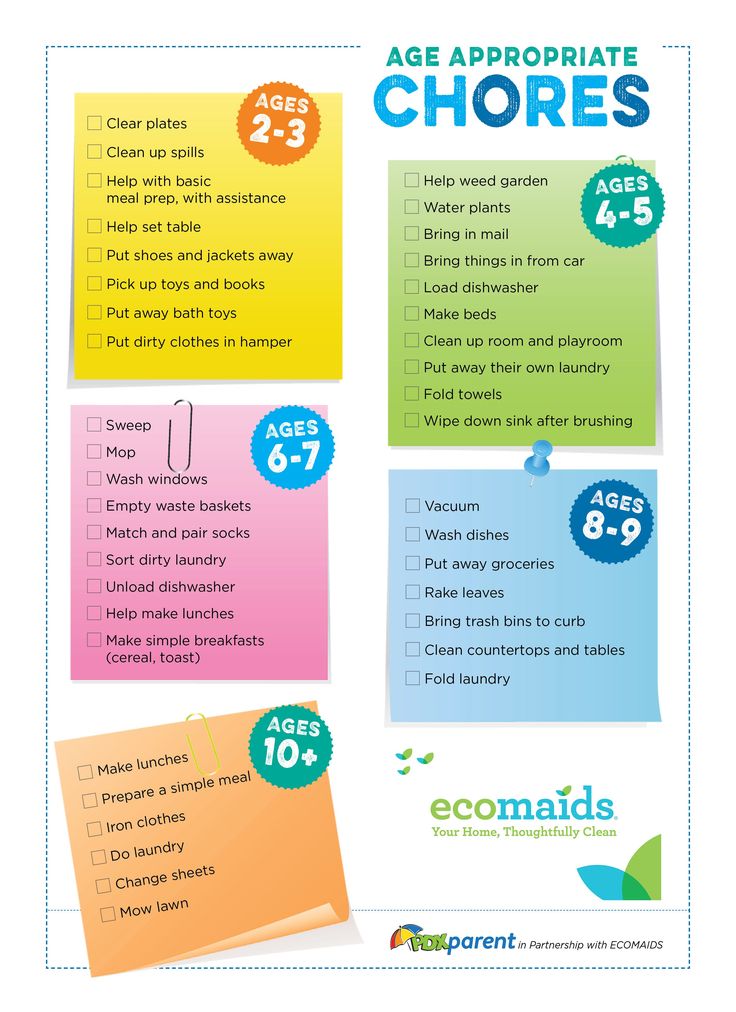 However, this can take on unhealthy proportions, especially when your self-esteem depends on whether your partner wants you.
However, this can take on unhealthy proportions, especially when your self-esteem depends on whether your partner wants you.
- Hate to be alone
The fear of being abandoned is so terrible for you that you often find yourself in unhealthy relationships or rushing from one lover to another. This is all due to low self-esteem and is like a self-defeating cycle that can suck.
- Conviction in the gap
Your first relationship - with your parent - was a failure, so you now subconsciously expect all other relationships to fail. This mindset can clearly sabotage your relationship.
why do we choose partners who look like our parents? — T&P
If in the animal world an alpha male can be identified at a glance, then in humans the laws of attraction are much more complicated. Tamsin Saxton, professor of psychology at Northumbria University, told Aeon about the signs by which we choose partners and what does incest have to do with it.
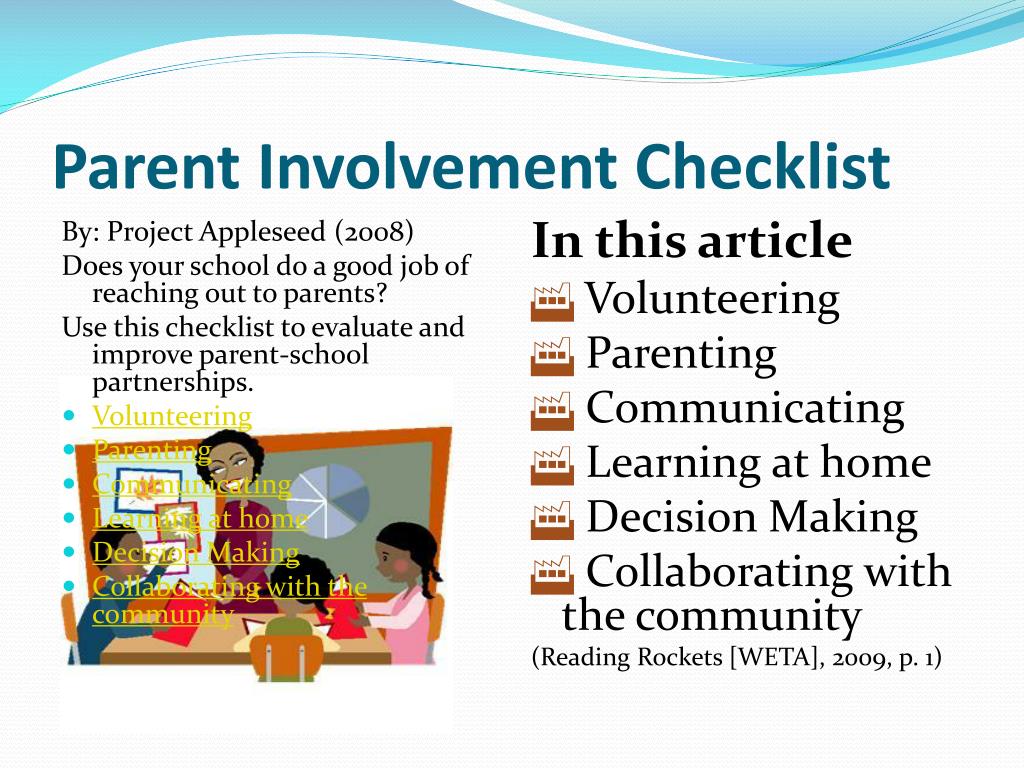 "Theories and Practices" chose the main thing.
"Theories and Practices" chose the main thing. Our feelings about whether a person attracts us or not is largely related to the issue of successful reproduction. Thus, health, fertility, the desire and ability to raise children are considered attractive by various peoples, although, of course, cultural differences should also be taken into account. In addition, similar qualities often play a decisive role in the selection of a mating partner in animals. We can say that these preferences are connected with human nature itself.
Of course, there are individual differences in tastes, but it turns out that even these are somewhat predictable: for example, quite often our family influences our choice. Several studies have shown that, as a rule, there is a superficial resemblance between a person's father or mother and his partner.
There are several explanations for this choice. First, we like familiar things. The more often we see something, the more attractive it seems to us (unless, of course, it is something disgusting). Therefore, this result can be partly explained by the “proximity effect”.
Therefore, this result can be partly explained by the “proximity effect”.
Second, from a biological point of view, the best breeding partners do at times resemble our parents. You need to understand that incest is a different story: the connection of close relatives can lead to dangerous recessive diseases that are inherited. But at the same time, some genes within the family make for good combinations, so a partner who slightly resembles someone from our loved ones may well be a carrier of suitable genes. This idea is well illustrated by a study of Icelandic families: scientists considered spouses who were born from 1800 to 1965 years old It turned out that in families with the largest number of grandchildren, the husband and wife are distant relatives (at the level of fourth or fifth cousins). So there is some evolutionary benefit in making the features of our loved ones seem attractive to us.
"Some of the genes within the family make good combinations, so a partner who slightly resembles someone from our loved ones may well be a carrier of suitable genes"
The same pattern works with the appearance of brothers and sisters. Saxton took pictures of the brothers and boyfriends of 56 girls and arranged them into groups: each included pictures of the brother and boyfriend of the same girl, as well as photos of three strangers. Then the volunteers were given sets of photographs and asked to compare the photo of the girl's brother with the rest of the photographs and arrange them according to the principle "from more similar to brother to less similar". At the same time, the volunteers did not know that there was any connection between the people in the pictures.
Saxton took pictures of the brothers and boyfriends of 56 girls and arranged them into groups: each included pictures of the brother and boyfriend of the same girl, as well as photos of three strangers. Then the volunteers were given sets of photographs and asked to compare the photo of the girl's brother with the rest of the photographs and arrange them according to the principle "from more similar to brother to less similar". At the same time, the volunteers did not know that there was any connection between the people in the pictures.
Approximately one third of the study participants were found to be true brother-boyfriend pairs. If we subtract from this the cases where the choice was random, then this figure will be 27%. In 16% of cases, the volunteers believed that the brother and the guy were completely different from each other. If we compare this data with the results of previous studies, it turns out that people equally often choose partners who outwardly resemble their parents and brothers.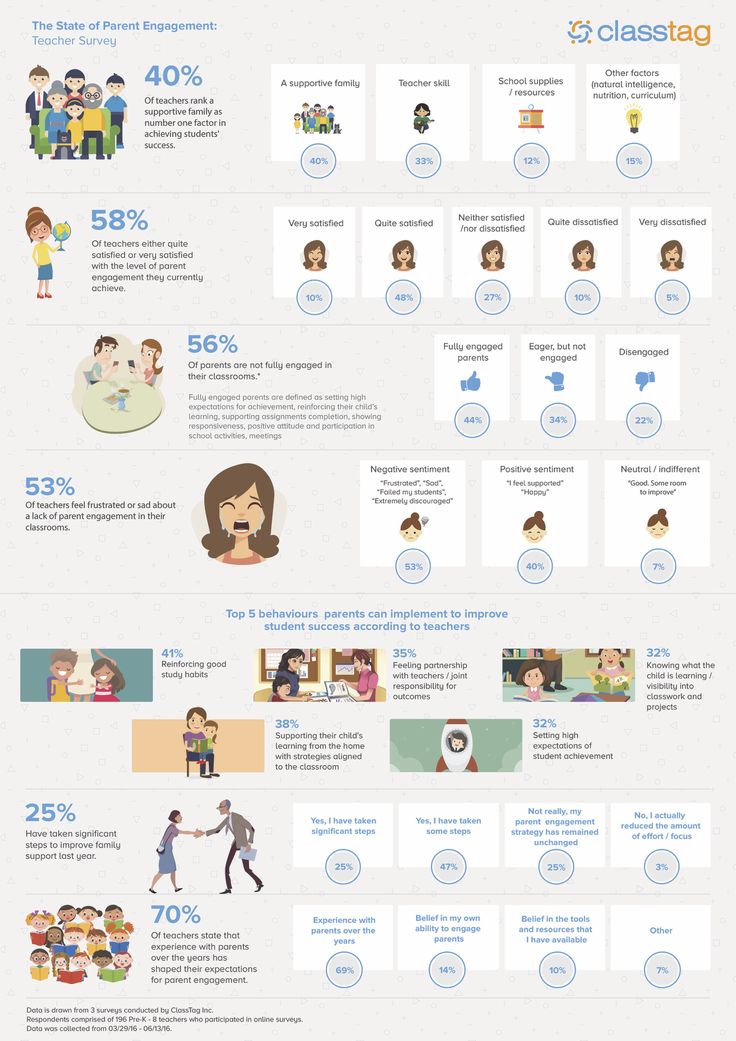
 . . our PwP tutor has had a positive, all-encompassing impact on our daughter this year. As far as we're concerned, she's worth her weight in gold.”
. . our PwP tutor has had a positive, all-encompassing impact on our daughter this year. As far as we're concerned, she's worth her weight in gold.”